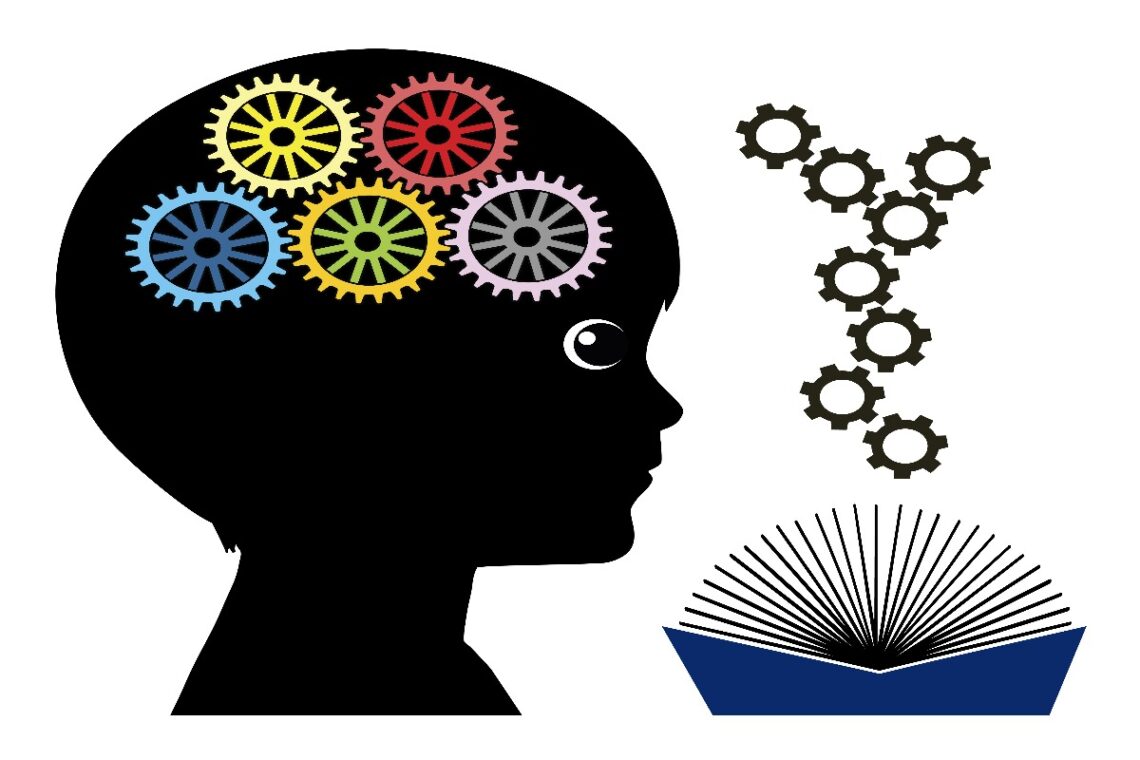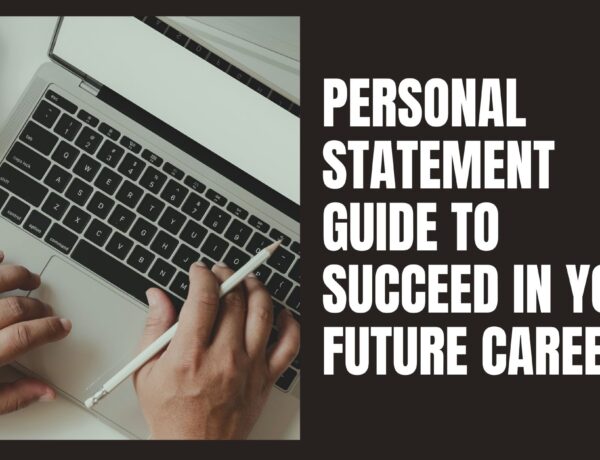
Study Strategy: For decades scientists have studied the most efficient study strategies. As they have discovered, what many perceive to be effective studying techniques and methodologies, are actually quite ineffective, while many lesser-known strategies have a much higher degree of efficacy. Many common studying practices are great at promoting the illusion of success, but they are ultimately far less effective than those that centre around high-intensity, in-depth, planned-out sessions which results in not only higher retention degrees, but more importantly, a deeper understanding of the studied material. You can also find some more quotes on Daniel-wong And Mydegreeguide
Many of the recommended techniques are rooted in common sense, and their efficacy is quite logical, but they are often not thought about as they take more discipline to implement than the more broadly used ones. High-intensity study habits require an abdication of distraction and often odd practices like teaching yourself out loud. The returns, however, mean shorter study sessions with much greater material retention and understanding.
Try These 14 Tips To Study Smarter Not Harder
High-Intensity Studying


So what does high-intensity studying mean exactly? Consider this key formula for highly effective studying: time spent x focus intensity = work accomplished. As one quotient in the formula increases, so does the result. In this case, particularly, the intensity of focus being increased implies that multiplied by fewer hours, the work accomplishment increases. In other words, studying with a greater focus of less time accomplishes more than longer hours with less focus and more distractions. This is backed by scientific research, not mere hyperbole.
Time spent studying may seem like an effective strategy too, however, if the learning techniques applied during those hours are largely ineffective, mostly what is accomplished is a lot of time spent on an ‘attempt’ to study. Students who are the most successful tend to apply a high-intensity study strategy over shorter time periods without distractions, resulting in greater achievements and more effective studying. The wise use of study time yields better results than more study time.
Ineffective Study Strategies
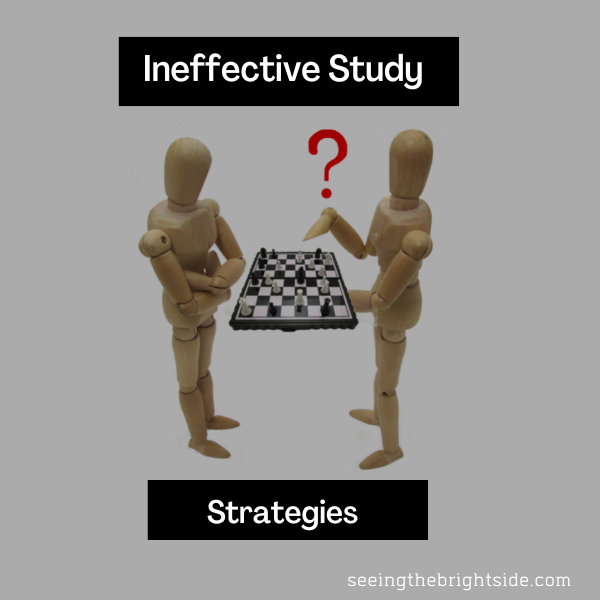

A study strategy that does not emphasize high-intensity focus is ultimately not entirely effective. Some ineffective strategies include long hours spent hovering over the same material, perpetual reading and rereading of material in hopes that most of it will stick, and a lot of repetition. Students who use such strategies also put a high emphasis on blocked practice, over-focusing on one very specific aspect of a particular topic.
Massed practice (memorization) by redundant review of material does not solidify one’s understanding of it. The brain retains material better if it is actually understood, not just accepted. If connections can be drawn, an intrinsic tie forms in the user’s mind to the material and it sparks understanding. Perhaps that’s where the ‘light bulb’ idea comes from. Without being able to establish a meaningful connection to the reading material, simply repeating phrases, reviewing notes on a topic, or even the all-too-common underlining or highlighting of material ultimately does not promote knowledge retention. Reading material over and over is not an effective study strategy because without absorbing the material, just the text, forgetting what you read is very easy for the human mind. To truly learn something, one must understand it, and understanding does not come from simply reading words off a page, even if it is done on repeat.
Many people also fall into the trap of multitasking. The problem with multitasking is that while some tout it as an attribute of versatility, the human mind needs to focus on something before it is able to retain it. Perpetual context switching which forces the brain to refocus and restart on things all the time does not properly allow it to sufficiently process the overwhelming amount of material it receives.
So then, what is an effective study strategy? An effective strategy takes discipline and dedication. There are numerous methods, meant to mostly be used in tandem in order to achieve the best overall study strategy method. The following are some very good, scientifically-backed study strategies worth considering for anyone who seeks to improve their studying efficiency.
1. Pre-Testing
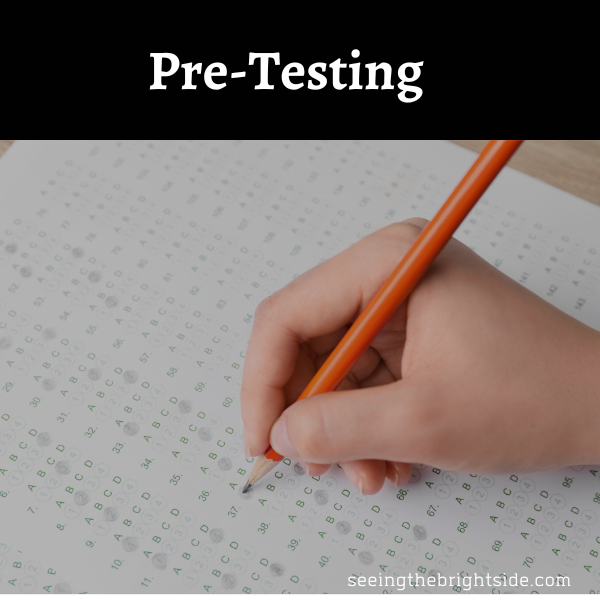

Students study to ultimately pass when tested on the material. Therefore, studying while testing yourself is an effective study strategy to utilize. After setting aside time to do the dedicated reading, for instance, test yourself on the material you have just read. Answering questions about the material, even if incorrectly, has been shown to improve understanding and, by virtue of that, raise test scores of actual tests. Getting an answer right reinforces the confidence that you understand the material. Getting an answer incorrect, give you a specific area which warrants deeper study and review.






2. Self-Quizzing
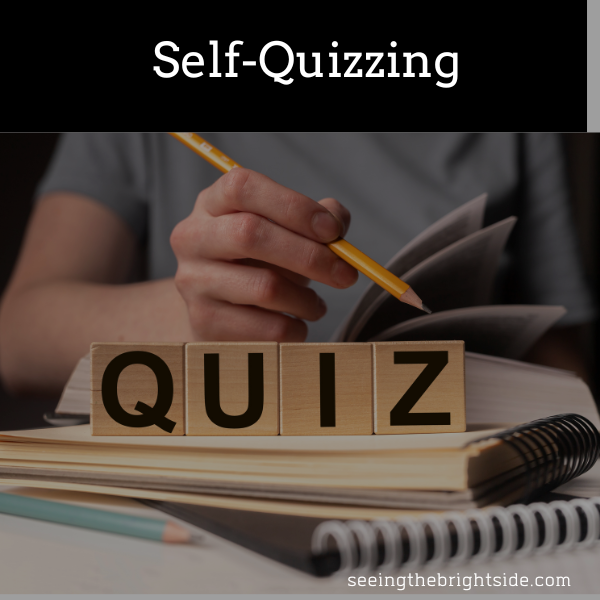

While pre-testing is more of a simulation of an exam, self-quizzes involve asking yourself questions about what you have read or studied. This is called retrieval practice. In essence, this study strategy involves pulling answers to self-posed questions from the material, even if they are those that are sure to be answered correctly, and are helpful at knowledge solidification. If you struggle with a self-posed set of questions or are unsure, you now have areas that require additional focus. In essence, this is a process of creating your own customized study guide based mostly on knowledge you do not yet feel is fully grasped.
3. Interleaving Practice
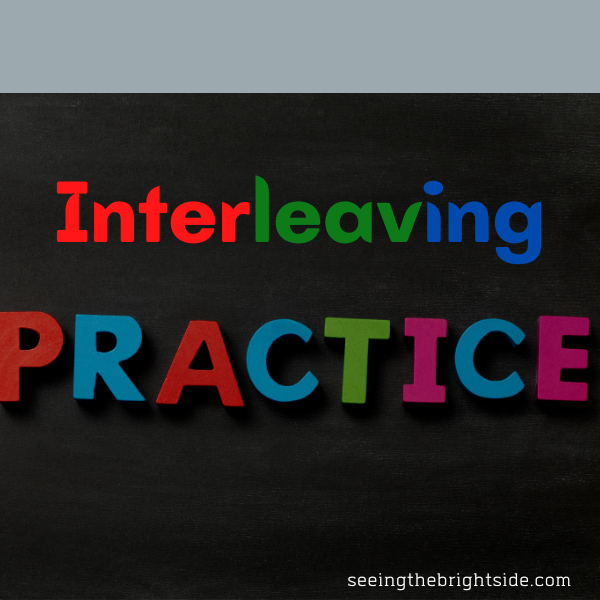

Let’s take a very simple hypothetical example. A child is practising simple addition, and out of the 20 problems they are using to add, they get thrown a random subtraction problem in the middle. It is easy to miss as everything else amassed in the practice has been added. An interleaving study strategy is more effective because it groups together problems of a similar nature, yet ones that are not exactly the same. A child is given 20 questions with 5 addition, 5 subtraction, 5 multiplication, and 5 division problems and can have their brain trained to be able to jump from one concept to another. This is not to be mistaken with multitasking as the studier is still working in the same conceptual realm, but being forced to add attentiveness and flexibility to their approach. Mixing in different question types within the same topical arena is more effective than just engaging in repeat mode.


4. Reflection and Paraphrasing
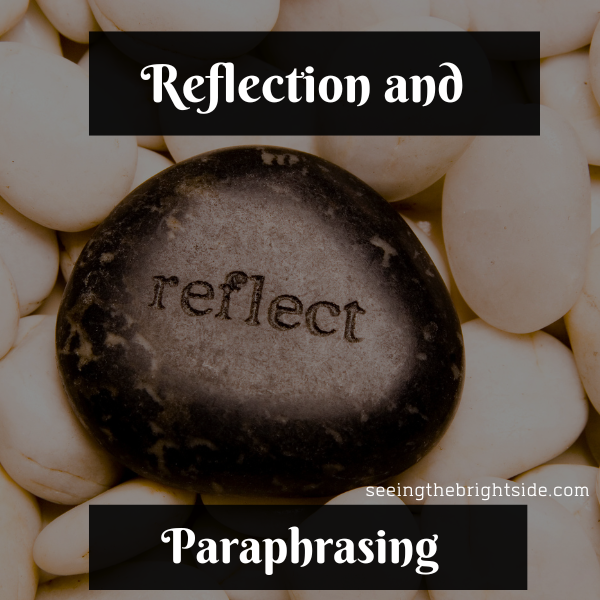

If you have ever read something only to ask immediately afterwards: “what did I just read?”, you are not alone. Many of us struggle with reading text that we then realize we did not retain, forcing us to reread it, As noted earlier, reading the same material on repeat is not an effective study strategy. Connecting with the read concepts and their breakdown is far more beneficial to understanding. Sometimes this requires a conversation with oneself, even if it’s out loud. Pretend that the concept you are trying to understand is something you need to explain to a 5-year-old. Breaking it down into easily digestible, paraphrased explanations, then explaining it out loud to yourself helps to identify those areas that are not fully clear and reinforce those that are.
5. Be The Teacher


Similarly to a simplified, reflective explanation, another highly effective study strategy is to attempt to discuss the material with yourself, but in a manner befitting of a teacher who is aiming to communicate the information to a student. The adage about learning better when we teach others is very true, so if you have absorbed the material you have read, you may take a shot at explaining it to yourself. Think of what questions a student would pose if they were hearing the material that you are relaying, then ask yourself as many inquisitive ones as possible. Being able to answer these questions shows an effective understanding and makes for a solid study strategy.
6. Question/ Evidence/ Conclusion Approach
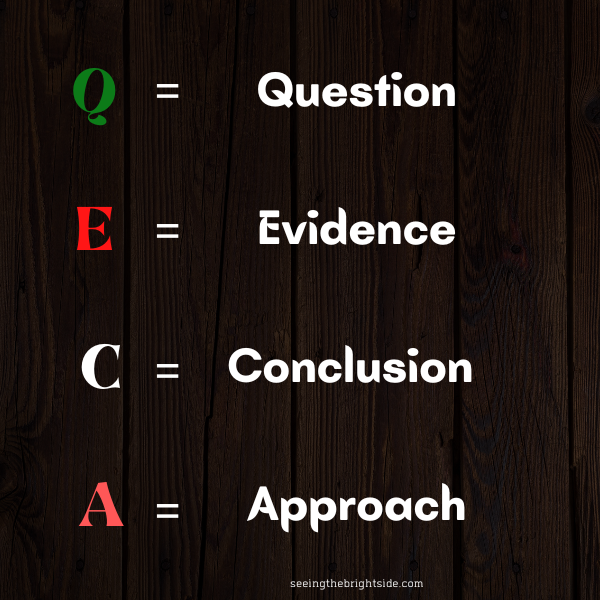

After reading the material, step back and reflect on it using the QEC study strategy. Consider that when you study, you are seeking to provide answers to questions. First, ask what questions the text is posing, then think about what evidence is being brought forth to answer this question, and finally, what conclusion does the text come to based on the evidence. This ‘top-down; strategy of studying encapsulates your understanding from beginning to end. Many people use this type of elaborative interrogation. If you can explain why a fact or a concept is true, chances are you have a solid grasp of understanding it.
7. Categorization


Often, the materials we need to study vary significantly, but our minds work better when we access and absorb information from more accessible, broken-down particulates. For that reason, another effective study strategy is to break down the materials we study by category. Our brains are better equipped with learning material when it is categorized into sensible groupings. Studying within categorical breakdowns gives us an opportunity to isolate particular groups that we can individually hyper-focus on, instead of an intermixed number of concepts. Understanding the categories individually can help them think about them as parts that tie together into a whole sum for a fuller understanding.
8. Mind Mapping
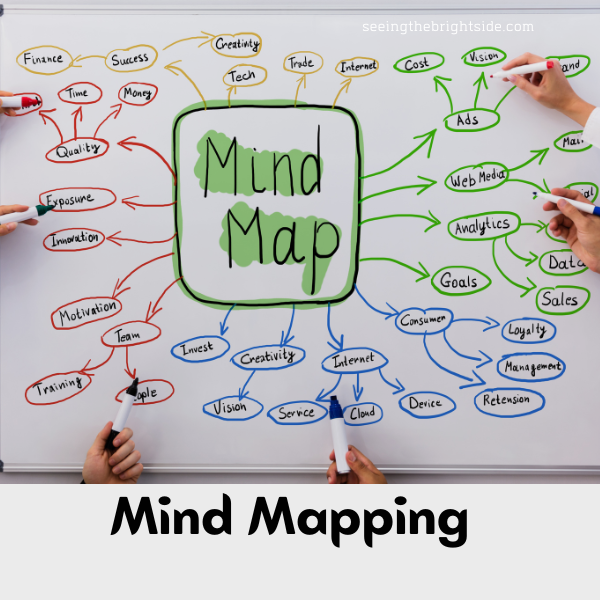

Many students learn much better visually. Most people can grasp how to do something, for instance, if it is shown to them rather than explained to them. For this reason, a visual indication of materials is an important study strategy for people who need to see the concepts being broken down into more digestible portions. This also helps to link up multiple concepts together, which is often easier to visualize when viewed on paper or on a board rather than trying to sort it out in one’s mind. This is an especially effective strategy when used to differentiate parts of technical concepts. Creating a diagram with symbols to represent various concepts helps in ultimately tying the concepts together. The maps help to find a road to a solution for a particular problem that may not be evident unless the process or concept is broken down. For non-technical studies, it can help separate the major ideas from a text and help point out key points for compare and contrast exercises and can spawn reevaluation of former misunderstandings.






9. Space Out Study Sessions
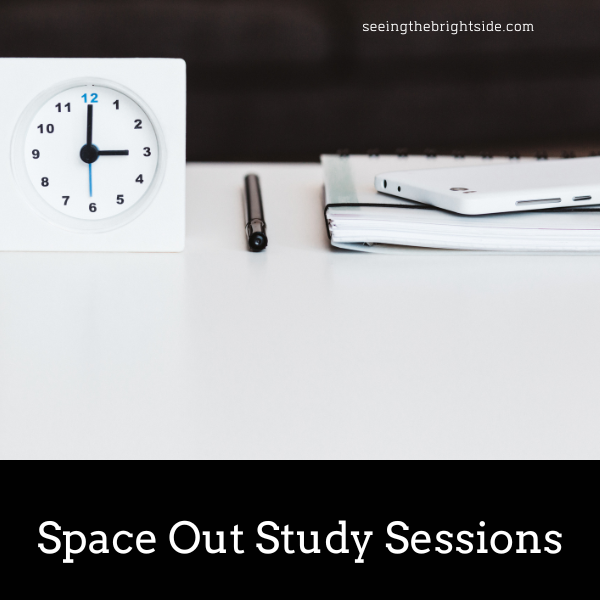

This study strategy, often known as ‘spaced’ or ‘distributed’ practice, involves setting aside time to specifically and intensely focus on one particular area of study on different days. This method has been shown to drastically improve knowledge retention. One recommended approach is the use of flashcards. A student can create three separate flashcard category piles. The first is for questions and concepts about the material that they firmly understand, the second is concepts they do understand but not as firmly as they would like or questions they get right, but more because of educated guesses, and finally a pile for questions they get wrong. The questions that were answered correctly should then be reviewed every 3 days, the questions answered correctly but with less of a comfort level should be reviewed every other day, while the incorrect answers should be followed up on a daily basis. The flashcards can then move to other piles as understanding improves.
This study strategy is highly effective for another reason. One of the biggest killers is procrastination. As humans, we tend to push off challenges until we have no choice but to confront them. This intensity under pressure does more to induce stress than improve studying methods. Spacing out study sessions helps students avoid falling into the trap of procrastination where they leave themselves a large block of time to learn something. This is not studying, it’s cramming, and is arguably the least effective study strategy. Rather than devoting 4 hours to a challenging assignment in a day, splitting it up into parts of 30 to 40 highly intense study minutes per day is far more effective. This also helps students not leave everything for the last possible opportunity to get things done.
10. Schedule Control
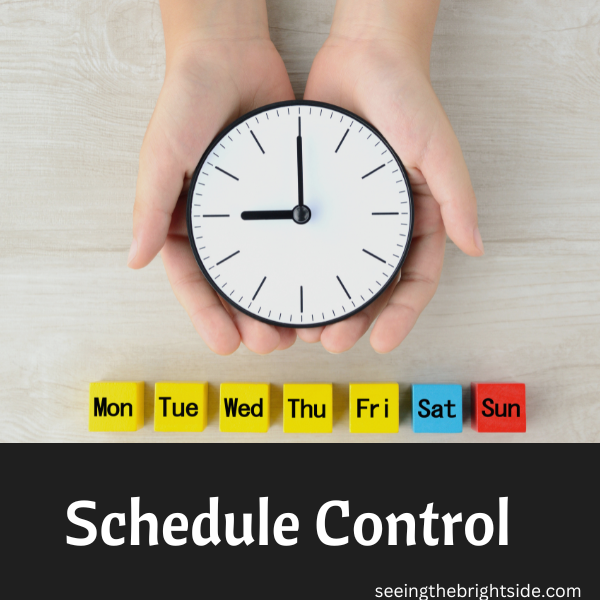

Being organized and being able to apply an optimal study strategy go hand in hand. Organization means having dedicated time devoted to particular activities. That means one must learn to organize their schedule accordingly to fit everything in. This is especially pertinent with college students who amass large volumes of work with a rigorous social, extra-curricular, employment and study schedule. Planning on a calendar along with making a daily task list can be not only helpful in getting everything accomplished but in having enough time to devote to high-intensity studies of each particular subject. The task lists also need to be realistic to avoid feeling like a student is falling behind in not being able to meet their daily goals.
11. Mitigation or Elimination Of Distractions
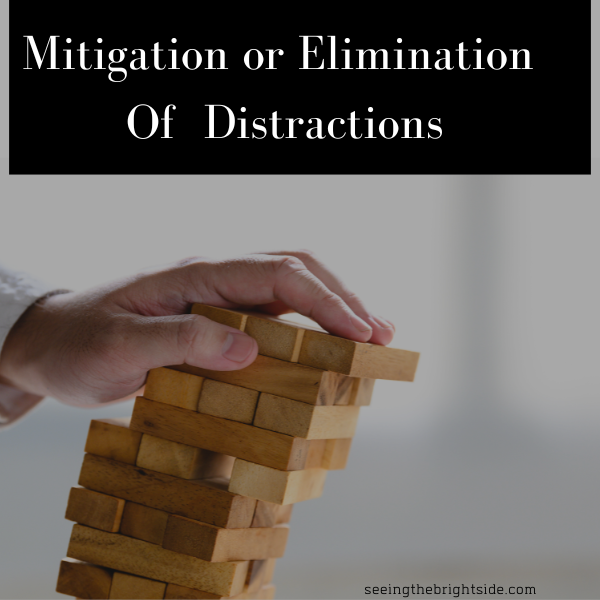

It is tough to stay in a high-intensity study strategy when disruptions and distractions are at hand. These days, the sources of distractions are everywhere, and their pervasive nature makes studying much harder. A level of self-discipline is required to pull oneself back from such distractions. This could mean finding a dedicated study space, turning off, or moving away from your phone, and not using a computer unless it is pertinent to your studies. By eliminating or lessening distractions, you will be more fully able to engage in the high-intensity study strategies needed for fuller focus necessary for success.






12. Silence Is Not Always The Best
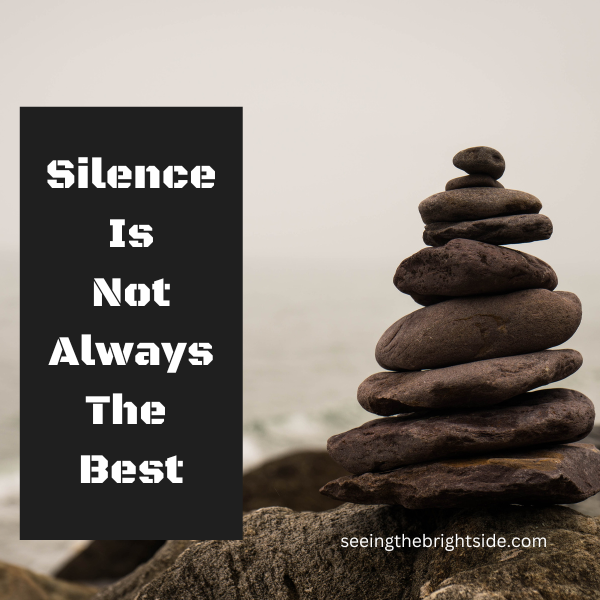

One common misconception is that in order to fully focus, one must study in complete silence. Many people get very aggravated and cannot focus if the silence is interrupted. But silence doesn’t always correlate with an effective study strategy either. Many people succeed better at achieving focus with background noise. Many like to be in an otherwise quiet environment, with some casual background audio. For instance, studying in a library can provide an environment that is quiet to a degree, but with some foot traffic and computer key tapping, and even some light whispers to interrupt the monotony of total silence. Many people listen to classical music while studying as it helps provide them with a serene escape from distractions. Many people utilize streaming services to stream concentration music with binaural beats that highly promote concentration.
13. Choose Your Ideal Study Space And Change It If you Must.


Many people study better in particular spaces. This could be in a particular room in a home or in a library-type setting. You will want to make sure that the space you choose is effective in implementing your brand of the study strategy. The location matters because if you are in a place that you associate more with relaxation and comfort, you are likely to be less focused. If you study in your bed, you are more likely to doze off, for instance. Another important point is that any space for your study strategy may become ineffective if this space stops feeling like a dedicated study space. Once you get too comfortable and are prone to associate the space with that comfort, it is time to consider changing up study spaces.
14. Use Your Time Wisely


Inherent to any study strategy, optimal use of time is paramount. If you set aside an hour for a particular field of study, make sure that nothing in your surroundings or life has precedence once you start in those studies. If you are unable to dedicate that allotted time fully to your studies, your study strategy, no matter the type, will not be as effective as you need or intend for it to be. Also, knowing the best time of day to study is crucial. Many people do not register information or material well if they are tired, so studying in the late hours of the evening, while sometimes a necessity, is not as effective as studying in the morning or afternoon when our minds are rejuvenated or not yet in ‘rest mode.’






In Conclusion
These are just some of the methods by which students and even employees can better implement an effective study strategy in order to comprehend and absorb the material being studied best. Not all of the above will be equally as effective for everyone, but falling into the pitfalls of commonly used cramming or repeating strategies will surely not produce as much insight or efficacy as implementing a self-assured study strategy to see the best results.
We at seeingthebrightside believe in self-development, improvement, and better performance. Check out some highly recommended online training and certification that will help you achieve your dreams.
1. Expert Rating: Online Certifications for students and professionals who are looking to add new skills and credentials to their resumes.
2. Exam Edge: Preparing you for certification exams with practice tests in 20 different industries including healthcare, nursing, teaching, and business.
3. 360 Training: Regulatory Approved Training (for the United States and Canada only)
Related Articles:
How to Find Inner Peace, 15 Simple Things You MUST Start Doing Today
Failure is Great, 14 Reasons Why you need to fail before you succeed
182 Simple Motivational Workout Quotes that will surely keep you focused
Do you want to be TIKTOK FAMOUS in 90 Days? (Check out these 9 proven ways)
How to Accept And Embrace Change in difficult Situations (15 helpful tips)
Do you want to Retire Early? You Need To Know These Things Before You Make That Decision
Apply Now -10 Reasons You To Start Applying For Scholarships
Top 15 Learning Strategies To Understand Faster And Memorize Better
175 Ultimate Motivating short quotes to inspire you for greatness
15 Weight Loss Tips you need to know, it can only get better from here
You need these106 Monday motivation quotes to get the best out of the week
Top Pros And Cons of Social Media Platforms, How to use it to your advantage
Top 167 Positive Energy and Positive Vibes Quotes, you need this.
7 Exciting Reasons Why You Should Never Give Up On Your Dreams
Top 132 Family Love Quotes that are Exciting and Inspirational
8 Things That Are Just Not Worth Your Time, Let’s Take Care Of These Things Quickly
6 Simple Ways To Attracting Amazing People Into Your Life
135 Inspirational Leadership Quotes, You Need This If You Want To Become A Great Leader
88 Most Inspiring and Love Quotes for Christmas
Want to Live a Happy Life? Here are 13 Things to Focus On
85 Inspiring Love Relationship Quotes, Let’s build a greater bond
Ultimate Positive Mindset: Here are 15 ways to achieve it
22 Exciting Healthy Eating Lifestyle tips to keep you on track
Positivity and Negativity: 11 Reasons to quickly Avoid Negative People
Effective Skill Development,15 Ultimate ways to achieve it
Effective Study Strategy Techniques, 15 keys you need to activate
Team Motivation Strategies,10 Ultimate Tips To Keep Your Team Motivated
15 Ultimate Good Habits for Successful and Happy Life
These 9 Highly Effective Study Habits are Needed for a Successful Life
16 Ways to Stop Procrastinating, this is the ONLY way out
Life Improvement: 15 Small and easy ways to improve your life in 90 days
How to study smarter and not harder:14 Ultimate study strategy tips
Tracking Progress: You need to adopt all 12 Simple Ways to Track Progress Towards Your Goals
Anxiety (All you need to know): Managing and controlling Anxiety
Long Term Goals: You need these 10 proven ways to succeed
Motivation: 7 easy and applicable ways to stay motivated
Better Sleep: Sleep like a baby with these12 proven tips
Depression: All you need to know and getting out successfully
The needed and simple Time Management Skills for College Students
Vegan vs Vegetarian: Which is better? Everything you need to know
The FEMINISM MOVEMENT: All you need to know
7 Facts About The Law Of Attraction And 7 Practical Ways To Make It Work For You
